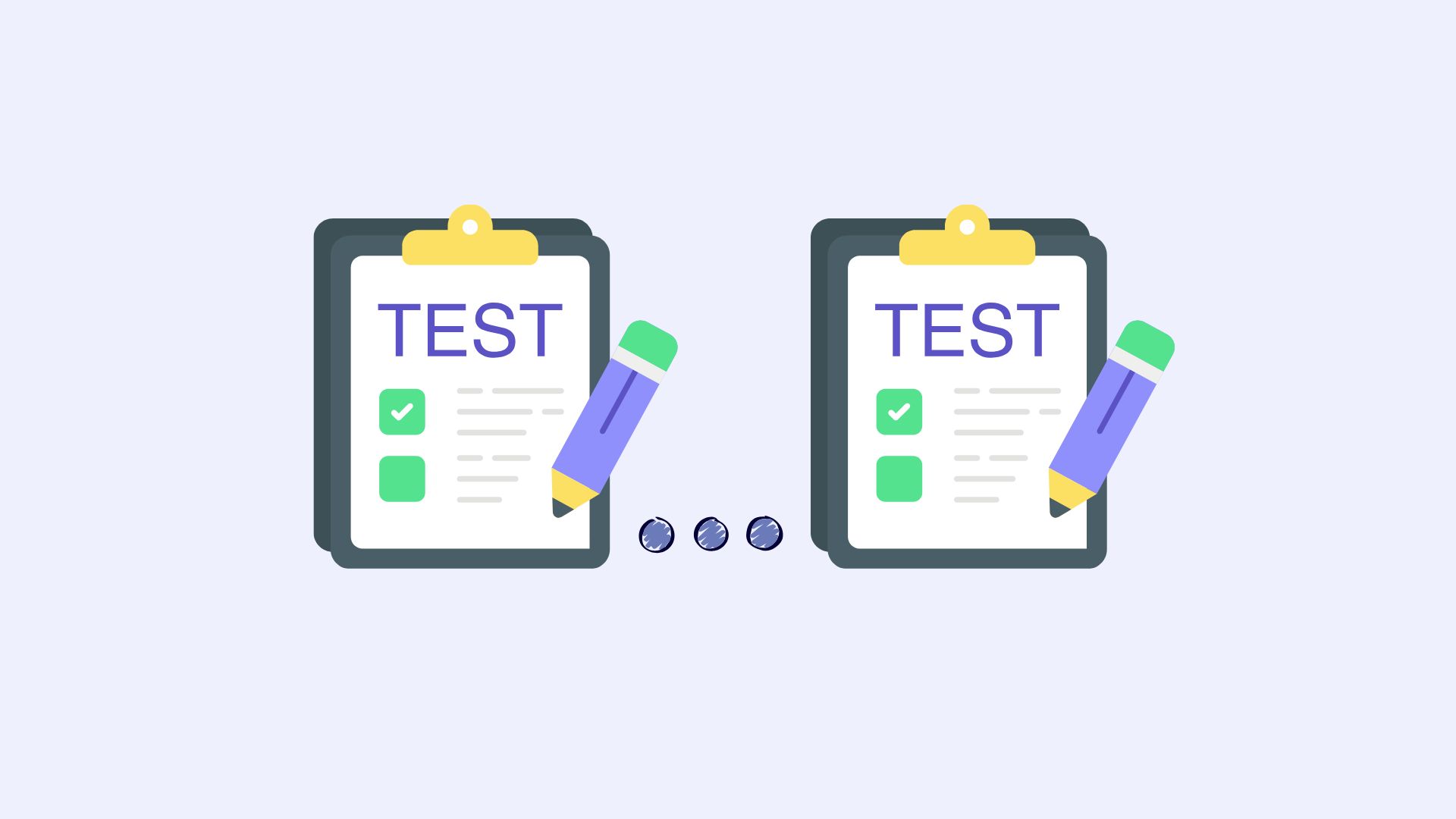Students



take a quick test.
Online tests for students
The modern learning process aims to consider both the individual characteristics of learners and the general requirements of educational programs. Tests for students have become a tool that allows for objectively assessing achievements and adjusting the further development of skills. The ТеМа platform, for example, offers a wide variety of testing options on various topics. Explore suitable directions right now! Let’s dive deep into what testing means in an educational environment and the advantages it provides.
What Are Tests for Students and Why Are They Needed?
There are many forms of knowledge control, and one of the most popular remains tests for students. To better understand their role, it is essential to realize that testing allows both students and teachers to quickly and accurately determine the level of material mastery. Furthermore, a test is a kind of simulator where a student hones their ability to concentrate, allocate time efficiently, and express thoughts concisely.
Main Goals of Tests in Education:
Assessing the level of theoretical preparation in the chosen subject;
Regularly tracking current progress and learning dynamics;
Stimulating repetition, systematization, and reinforcement of acquired knowledge;
Receiving feedback to clarify which aspects need more attention;
Building a foundation for thoughtful preparation for future exams or qualification tests.
When considering tests in the context of educational strategies, it's important to note that they help students develop the habit of self-checking at every stage of their learning. This helps avoid the "gap accumulation" effect, which can lead to significant difficulties during final exams.
Advantages of Using Tests in Education
Tests allow for a systematic approach to learning, skillfully combining theoretical knowledge with practical skills. Additionally, tests in subjects like English or other disciplines enable quick checks of various areas of knowledge – grammar, vocabulary, historical facts, scientific hypotheses, etc. The question format can vary, fostering flexible thinking, the ability to compare data, and working with information of different types.
How Tests Help Students Prepare for Exams
The exam period comes with increased responsibility, as students are tasked with demonstrating a full and deep understanding of the studied topics. Testing during the learning process helps reduce stress, consistently review material, and avoid last-minute cramming. For example, regularly engaging in quizzes (including online tests for students) develops the necessary habit of working with questions of varying difficulty.
How to Choose and Use Tests for Students?
The selection of tests depends directly on the curriculum, preparation level, and specific goals you wish to achieve. Online tests with answers for students are becoming increasingly popular, as they allow immediate feedback, helping students understand the logic behind the correct answer. On the ТеМа platform, you can explore tests and complete tasks in your desired field, which will help reinforce your knowledge and study the material.
Tips for Effective Use of Tests
To make testing truly beneficial and help students master the material, it’s essential to follow some important recommendations. These will help you master the technique faster and achieve the desired result.
Overall, follow these tips to effectively learn through tests:
Set a clear goal. Are you assessing your current knowledge or preparing for further exam preparation?
Vary task formats. Include different types of questions – multiple-choice, detailed answers, questions with multiple correct answers.
Consider time. Set reasonable time limits to stimulate concentration and practice resource management.
Analyze results. After completing the test, review each mistake to avoid repeating the same errors.
Simple actions like these are valuable when working on test-taking techniques for students because consistency and clarity are half the success.
Typical Mistakes in Working with Tests
A common issue is the mechanical memorization of answers without considering the essence of the question. Students often chase the "correct checkmark," ignoring an understanding of the theoretical justifications. Another mistake is choosing overly easy tests that don’t develop skills and create a false impression of one's knowledge. It is important not to fear more challenging tasks, as they help uncover real gaps. After completing a test, it’s crucial to analyze the results: if you don't examine your mistakes, you lose the primary purpose of testing – learning from errors and improving knowledge.
Why Use Tests for Students?
In many leading educational institutions, testing is considered an integral part of the curriculum because it provides a comprehensive assessment of knowledge and helps form a systematic approach to learning. For students looking to accelerate their progress and improve their performance, it is recommended to regularly take online tests for students, as it saves time and helps quickly identify gaps in understanding. If you need to learn how to take tests effectively, the ТеМа platform allows you to easily hone your skills. Start today!